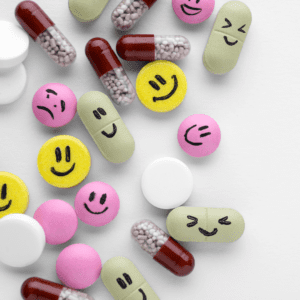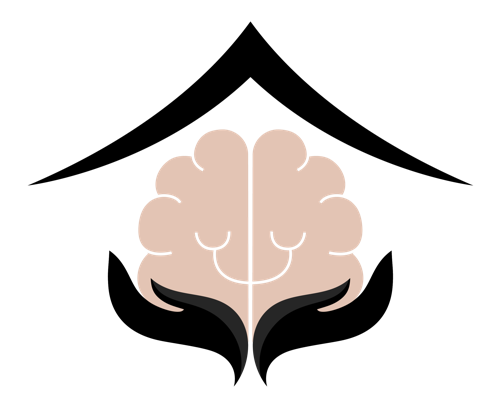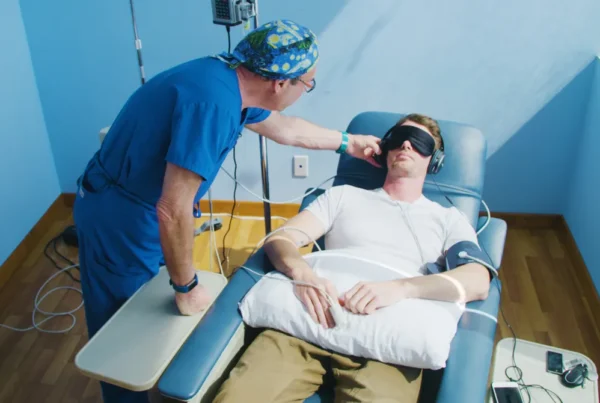In the ever-evolving landscape of mental health treatment, ketamine has emerged as a significant player, particularly in treating conditions such as depression, anxiety, and PTSD. Its rise to prominence marks a departure from traditional antidepressants, offering new hope for those who have found little relief in conventional therapies. Let’s delve into the key differences between ketamine and traditional antidepressants, shedding light on their efficacy, side effects, and the speed of their therapeutic effects.
Understanding Traditional Antidepressants
For decades, traditional antidepressants, including selective serotonin reuptake inhibitors (SSRIs) and serotonin-norepinephrine reuptake inhibitors (SNRIs), have been the cornerstone of treating various mental health conditions. These medications primarily work by altering the levels of neurotransmitters in the brain, such as serotonin and norepinephrine, thereby improving mood and emotional responses.
Pros:
- Widely Researched: There’s extensive clinical data supporting their efficacy.
- Long-Term Use: They are generally considered safe for long-term treatment.
- Accessibility: These are widely available and often covered by insurance.
Cons:
- Slow Onset of Action: It can take weeks or even months to see benefits for some individuals.
- Side Effects: Patients can sometimes experience side effects like sexual dysfunction, weight gain, or emotional numbness.
- Treatment-Resistant Cases: Several patients may not respond to these medications.
Ketamine: A New Frontier in Mental Health Treatment
Ketamine, initially used as an anesthetic, has gained attention for its rapid-acting antidepressant effects. Unlike traditional antidepressants that target serotonin pathways, ketamine acts on the glutamate system in the brain. This action is believed to help build new neural connections, potentially “resetting” brain function in people with mental health disorders.
Pros:
- Rapid-Acting: Ketamine can provide relief from symptoms within hours or days.
- Effective in Treatment-Resistant Cases: It has shown efficacy in patients who haven’t responded to other treatments.
- Neuroplastic Effects: Ketamine may help form new neural pathways crucial for long-term recovery.
Cons:
- Limited Long-Term Data: There is less information about the long-term safety and effectiveness of ketamine.
- Insurance Issues: It is more difficult to get treatments like ketamine covered by insurance compared to traditional antidepressants.
- Side Effects and Misuse Potential: Side effects can include dissociation and hallucinations, and there’s a potential for misuse due to its psychoactive properties.
 Efficacy: A Side-by-Side Comparison
Efficacy: A Side-by-Side Comparison
Regarding efficacy, ketamine’s most significant advantage is its rapid action. Traditional antidepressants may take several weeks to show effects, whereas ketamine can produce noticeable improvements in symptoms within hours. This rapid response can be lifesaving for individuals with severe depression and suicidal thoughts. However, SSRIs and SNRIs have more extensive long-term data supporting their use and are a more established treatment option for chronic management.
Side Effects: Weighing the Risks
Side effects are a crucial factor in choosing a treatment. Traditional antidepressants are known for their sexual side effects, weight changes, and sometimes emotional blunting. On the other hand, ketamine can cause temporary dissociative states and, in rare cases, hallucinations during administration. These side effects typically are short-lived.
Complementary Approaches to Treatment
Ketamine and traditional antidepressants serve different yet complementary roles in mental health treatment. While conventional antidepressants remain a reliable long-term treatment option, ketamine offers a new hope for rapid relief, particularly in emergency situations or where other treatments have failed. As research progresses, the hope is to integrate these therapies effectively, tailoring them to individual patient needs for optimal mental health outcomes.
Interested in ketamine treatment to help manage your mental health symptoms? Learn more and schedule a consultation to see if you qualify for at-home ketamine treatment for depression, anxiety, PTSD, and more!



